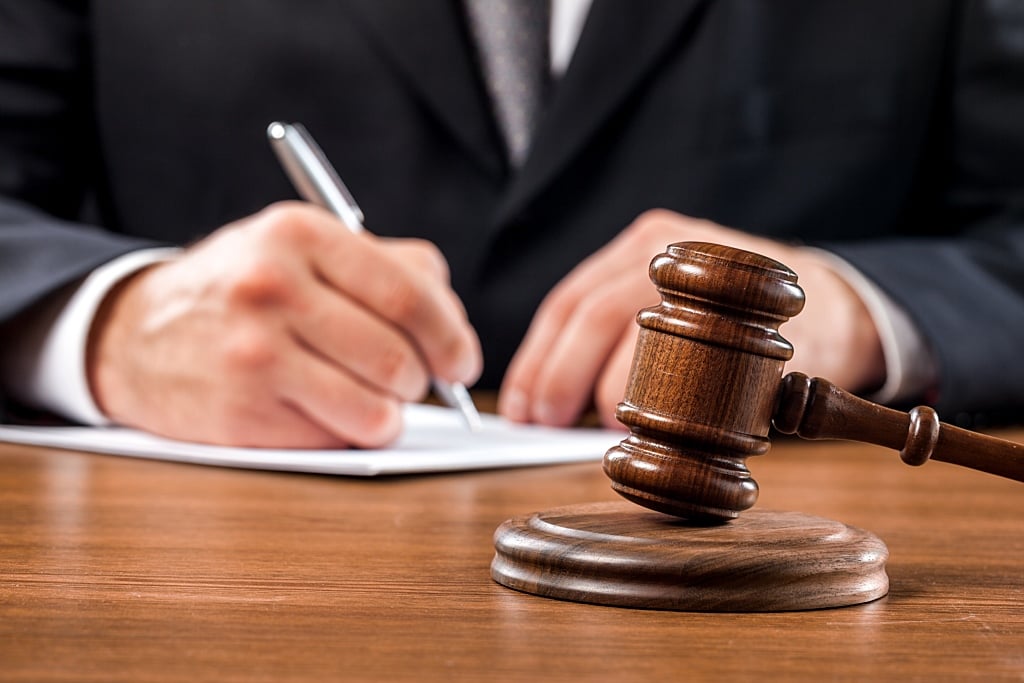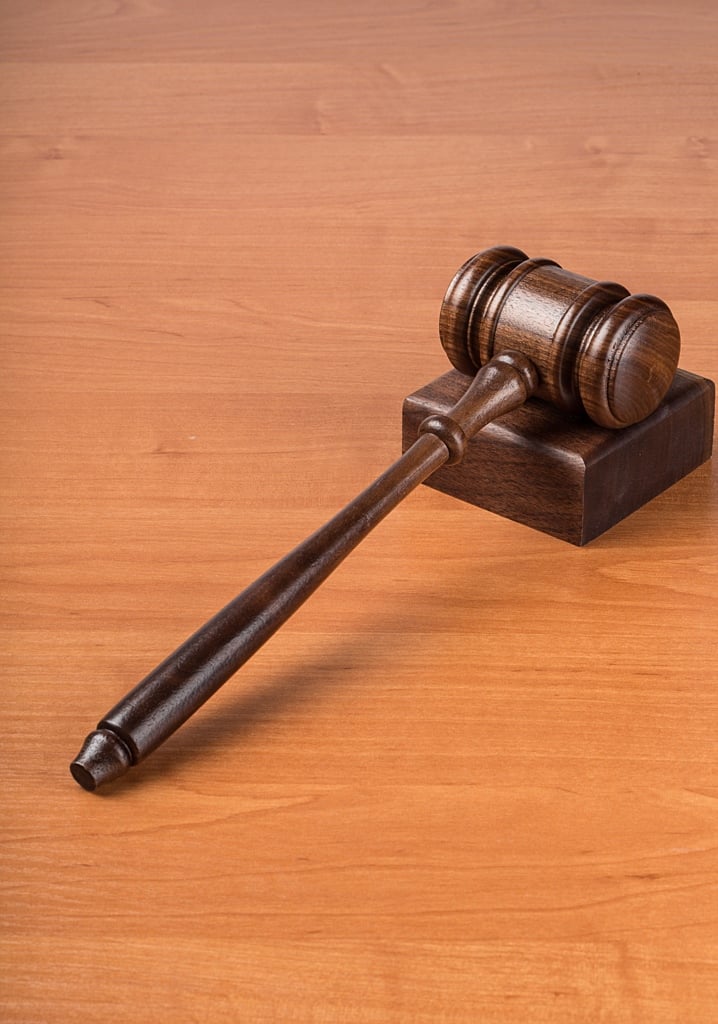Charlotte Probates of Estates
What Should I Know About Charlotte Probates Of Estates?
Many people don’t want to think about death, but we will all die one day. Sometimes courts step in to oversee the dis-positioning of your assets upon your death. That is where Charlotte probates of estates comes in.
Probate refers to a judicial process whereby an executor “proves” a will in court for a court to admit it as a genuine public document that shows the real last testament of the deceased.
The purpose of probate is to ensure that the executor pays all the debts of the deceased and transfers assets to their heirs. If a person dies testate (with a will), a probate court will rule based on the validity of their will. The court will appoint a personal representative, known as an administrator, to oversee the disposition of the deceased’s assets if a person dies intestate (without a will).
The granting of probate is the first crucial step in the legal framework for administering the deceased person’s estate, resolving all claims and distributing the property of the deceased under a will. A probate court determines the legal validity of the will of the testator (the deceased) and grants its approval, also referred to as granting probate, to an executor.
As a result, the probated will becomes the legal instrument, which the executor may enforce in the courts if necessary. Furthermore, the probate officially gives an executor (or personal representative), usually specified in the will, the legal power to dispose of testator’s assets in a manner described in the will. However, one can contest a will through the probate process.
North Carolina laws governing probate process usually depend on the complexity and value of an estate. You may avoid the probate process if the value of the estate is relatively small. An Executor/Administrator or a Charlotte Probate lawyer filing on their behalf must apply for probate in some jurisdictions and/or at a certain threshold.
A Charlotte probate of estates attorney provides services in a probate court, and the court may retain him or her to open an estate or provide service during probate proceedings on behalf of the executor or administrator of the estate. Probate lawyers, Charlotte, NC, may also represent creditors, heirs and other parties having a legal interest in an outcome of the estate.
In common law jurisdictions, the executors of a will obtain the probate (“official proving of a will”) whereas the court grants letters of administration where there are no executors.

Contact US
How can our Charlotte Probate Of Estates Attorneys Help
Our Charlotte probate attorneys at Walker Schantz Law can help you come up with a last will and testament so that your loved ones can have some security upon your death. Our attorneys can also help with trust planning (including living trusts) and medical powers of attorney and powers of attorney.
Besides, our Charlotte probate attorney can help you with complete asset protection and of course preparing and filing of all documents that a probate court requires.
At Walker Schantz Law, our probate lawyers, Charlotte, NC deal with other matters such as the retitling the assets of the decedent to the beneficiaries, requesting court permission for different actions as required and handling income tax issues.
Some people still question if they need to hire a Charlotte probate lawyer to do all these, but probates of estates, Charlotte, NC aren’t DIY tasks!
Legally, a probate lawyer doesn’t have to handle an estate or write a will. You can do this on your own, but we don’t recommend it because failure to execute the property legally may lead to a personal liability lawsuit after you’ve done everything. Challenges or objections to a will can and do occur often. When this happens, you’ll need a good probate attorney, Charlotte, NC, who is fully equipped to handle your case.
Charlotte probate lawyers at Walker Schantz Law can provide help and guidance to the personal representative during every step of the probate process. As experts in both North Carolina probate laws, and the probate process in Charlotte, NC, we can help ensure that the process of distributing assets runs as efficiently and inexpensively as possible.
It is essential to ensure that everything is well taken care of before passing on because one mistake may end up setting back the executor of your will by several months or even years.
Our experienced probate lawyer, Charlotte, NC will know everything that you should do to probate an estate on time. Having a last will is one of the best gifts you can give to your loved ones.
If you are looking for a Charlotte probate attorney, we can help you at Walker Schantz Law. If you want to learn more about our services, call us today at (301) 693 – 5149 to speak to one of our lawyers.


Probate is an essential court-supervised process of gathering the assets of a deceased person, paying taxes and debts, and distributing what he or she left to the heirs. There is very little court supervision unless family members or creditors battle for the property. Probate is mostly paperwork.
Here’s an excellent overview of probate process in Charlotte and the several other states in the US. In some states including those that have embraced the Uniform Probate Code, the process is quicker and easier than the one described here.
Keep in mind that most estates do not have to go through typical probate in Charlotte, NC. Several estates qualify as “small estates” under North Carolina probate law, even if they contain valuable assets. In that scenario, the survivors may utilize simplified probate procedure—or even transfer property without involving the courts.
You begin by requesting a probate court to name you as the executor or personal representative, whichever term your court uses.
In some states, you will ask to be the “administrator” if there is no will. To make this request, you’ll probably need to file an official application, the original will (if you’ve not deposited it with the court already), and death certificate with the county probate court where the deceased lived before he or she died.
The document that you make your request will be called an application or petition. It must contain specific information, such as the names of the surviving family members and beneficiaries listed in the will, the date of death, and so on. Many courts provide fill-in-the-blanks forms; if yours does not, you will have to create something from scratch. (Each probate court has its set of rules regarding the documents it requires.)
There is no need to initiate a separate probate proceeding in other counties if the deceased owned real estates in more than one county in North Carolina. You can still handle it all in one probate.


The probate court will schedule a hearing, to give any interested parties an opportunity to object to your appointment as a personal representative or an executor. You will have to send formal legal notice to all beneficiaries listed in the will and to heirs under North Carolina law (those who inherit if there is no valid will) before the hearing. You will also publish a legal notice in the local newspaper to alert all creditors, and send notices to the ones you know.
The hearing is usually a formality; you probably will not even have to show up. If the court approves your request, it’ll issue documents, which authorize you to act on behalf of the estate. In most places, these documents are called Letters Testamentary or Letters of Authority, or Letters of Administration if there is no will. They are usually referred to just as “letters.”
You may have to fulfill some extra requirements if you live in different state. For instance, you may have to file a document with the court affirming that you appoint a resident as your “agent.” This person is subject to the court’s authority and he or she will accept legal papers on your behalf.
Sometimes you may have to post a bond in the court—a kind of insurance policy, which protects the estate from any losses you may cause it, up to a specific dollar amount. Most wills state that no bond is needed.
If a will does not address this issue, it is up to a judge. If all the beneficiaries or heirs under the will consent, in writing, that it is not necessary, the judge is very unlikely to order it.
However, some courts always require a bond if the person serving as the executor is not the one named in the will or if the executor lives out of the state.
If a court requires you to post a bond, the amount will depend on the size of the estate. The bonding companies, most of which are divisions of the insurance companies usually charge a fee of roughly 10 percent of the face amount of a bond. You can pay for a bond from the estate funds.
Proving the Validity of the Will
If there is a will, you must prove that it is valid. Usually, all you require is a statement from one or more witnesses, in one of these forms:
- a notarized statement, known as a “self-proving affidavit” that witnesses signed when they witnessed the will
- court testimony from a witness, or
- a sworn statement that a witness signed now.
Managing Estate Property
You can gather all assets and open a bank account in the name of the estate, and use the account to pay creditors even if the probate case is still pending. Probate cases must remain open for many months—about 4-6, in many states—to give any creditors an opportunity to come forward.
You will probably need to provide the court a list of the properties of the deceased person and get assets appraised if necessary. You may have to get court permission if you want to sell a business or real estate. Many wills authorize the executors to proceed under the law referred to as Independent Administration of Estates Act. The law gives executors freedom to sell estate property without prior court approval and pay the claims of creditors.
Giving Property to Beneficiaries Early
You must ensure that the estate has sufficient assets to pay taxes and debts before you give beneficiaries their inheritances. You may distribute some assets before the probate proceeding ends as long as you keep enough cash to pay final expenses and taxes. The amount you can give may depend on the state law, and you may require prior approval of the court.
There can be genuine reasons for dividing the property sooner rather than later, especially if an estate has enough money to pay debts and taxes. For example, the value of a car is likely to go down if it is left to sit, and it is a bother to maintain too. The same may apply to household items that do not have much monetary value. Furthermore, some beneficiaries may need cash now—a college student, for instance.
Always remember that you have a legal obligation to be impartial and fair when dealing with the beneficiaries. If you decide to make early distributions, do not favor beneficiaries you are close to—it invites a fight.
Distributing Property and Closing the Estate
You are free to distribute the remaining property to the beneficiaries and close the estate once you’ve filed all necessary tax returns, paid debts, settled any disputes, and the creditors claim period has passed. Your role as an executor ends when you close the estate.
You will have to give the court a detailed accounting of all your activities along with your request to close the estate. The accounting shows where all the estate assets have gone and show that you have paid creditors. Besides, it documents any losses to the estate and any income the estate assets received during probate—for example, if an asset appreciated. Some courts provide fill-in-the-blanks accounting forms. If yours does not, you can check documents filed in other probate cases (probate records are public) to get an idea of what is required.



